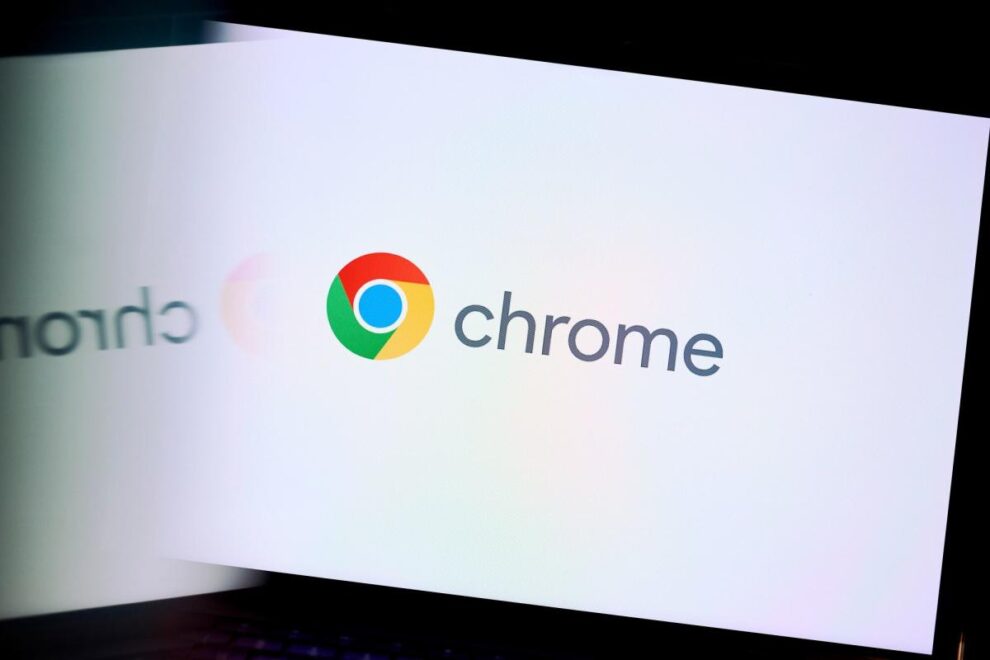
(Bloomberg) — The Justice Department and a group of states proposed major changes to Alphabet Inc.’s Google — including a forced sale of the company’s Chrome web browser — in the wake of a landmark ruling that the tech giant illegally monopolized online search.
Most Read from Bloomberg
In a court filing Wednesday, antitrust enforcers said Google must divest Chrome, citing the judge’s earlier ruling that the browser “fortified” the company’s dominance. The agency and states said that they would also prefer a divestiture of the Android smartphone operating system. But, recognizing that Google and others might oppose that, they instead proposed a series of limits on the business unit.
The government recommended the Chrome divestiture to “permanently stop Google’s control of this critical search access point and allow rival search engines the ability to access the browser that for many users is a gateway to the internet,” according to the filing.
Bloomberg News earlier reported on the Justice Department’s intention to seek a Chrome sale.
Google didn’t have an immediate comment. The company previously criticized the Justice Department’s proposal as “radical” and said it would likely harm consumers and businesses that use the company’s services.
The filing outlined a 10-year remedy proposal for US District Judge Amit Mehta, who will decide how to restore lost competition from Google’s illegal conduct following a hearing next spring. At the end of the process, the judge will order Google to make the changes to its business he determines are appropriate.
The proposal would prohibit Google from entering into the kind of exclusive deals at the center of the case — where it paid to ensure its search engine was the pre-installed default on devices or browsers. For its existing agreements, the company would be required to offer smartphone makers and wireless carriers the option to display a choice screen to users.
The Justice Department and states also said that Google should be required to license both its underlying “click and query” data as well as its search results to potential rivals to help them improve their products. As part of that license, Google must include all content from its own properties such as YouTube, that it includes in its own search offering.
A five-member technical committee would be appointed to oversee Google’s compliance with the court order.
Mehta ruled this summer that Google broke antitrust laws in both online search and search text ads markets.
Wednesday’s filing is the government’s first full proposal on how to alleviate the harm caused by Google’s illegal monopoly. It filed an outline in October, giving some initial views on possible remedy options.
The company will have the chance to submit its own views next month, with the Justice Department offering additional perspective in March ahead of a planned two-week hearing in April. The Trump administration, which is set to take office in January, could opt to make changes to the proposed injunction in March.
AI Limits
The Justice Department proposed some limits on Google related to artificial intelligence, saying the burgeoning field provides “the most likely long-term path for a new generation of search competitors.”
The proposal would sharply curtail Google’s potential dealmaking and investments, barring it from acquiring, investing in or collaborating in any way with any search or digital ad providers. That also applies to any company that controls where consumers search for information, the agency said, including query-based AI product.
If approved, the government’s request would require Google to divest from any existing partnerships — a provision that may call into question the search giant’s investment in AI start-up Anthropic.
Under the proposal, the company also would be prohibited from offering exclusive deals to content providers. The DOJ is reserving the option to force a divestiture of Android later, if Google does not comply with the rest of the ruling.
At Google’s trial last year, Microsoft Chief Executive Officer Satya Nadella raised the specter of Google locking up key websites and content sources for its exclusive use to train AI models. In the time since, AI companies have been snapping up licensing deals to feed their models more content. Reddit Inc. said in February that it had inked more than $200 million in licensing deals with AI companies that want to use its content.
Google would be required to offer users on any new device or its browser a “choice screen” giving them options to select the search engine. The states, which sued Google separately in a case that was tried alongside the Justice Department’s, said the company should fund a nationwide advertising and education campaign to inform consumers about rival search offerings. The states didn’t say how much money Google should be required to pay for the campaign.
(Updates with company comment, additional details beginning in fourth paragraph.)
Most Read from Bloomberg Businessweek
©2024 Bloomberg L.P.









